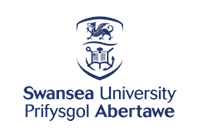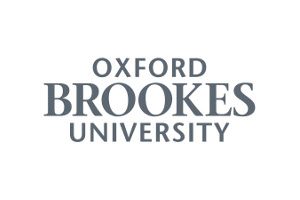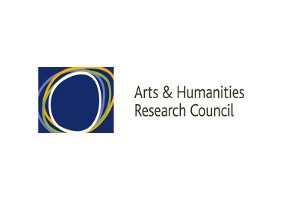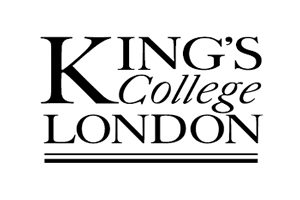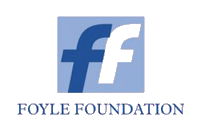Elizabeth Montagu Correspondence Online
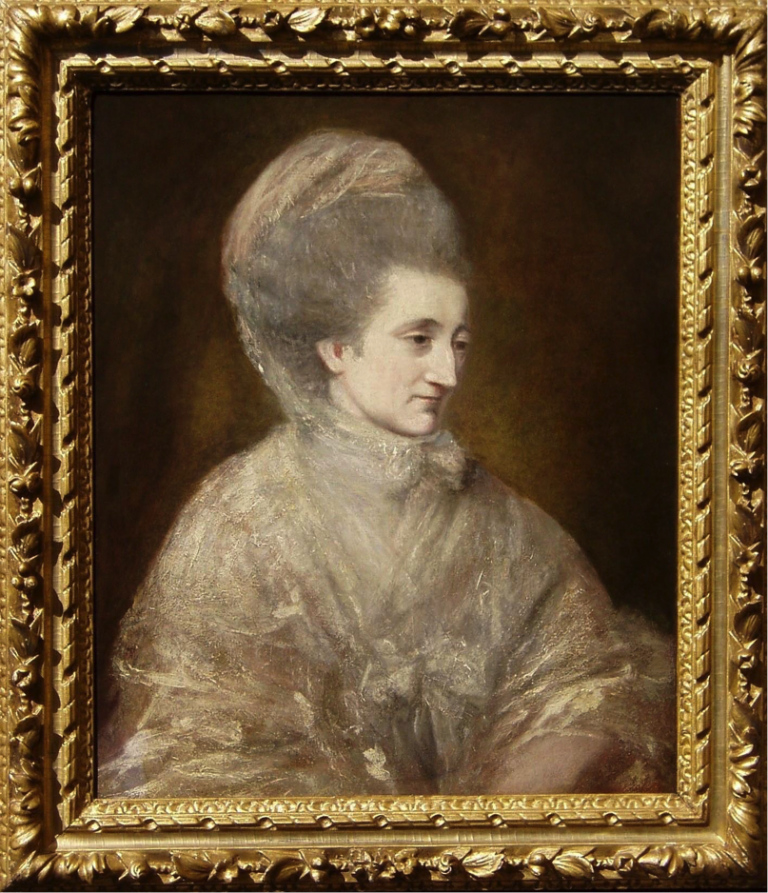
Elizabeth Montagu (1778) By Frances Reynolds | The Portrait
Welcome to the Elizabeth Montagu Correspondence Online (EMCO)
Elizabeth Montagu (1718-1800), author and Bluestocking salonnière, was a leading woman of letters and artistic patron of her day. Her correspondence is considered 'among the most important surviving collections from the eighteenth century' (ODNB). She corresponded extensively with leaders of the British Enlightenment, such as Edmund Burke, Gilbert West, David Garrick and Horace Walpole, as well as the Bluestocking inner circle – Elizabeth Carter, Sarah Scott, Hannah More, Hester Thrale Piozzi, Frances Burney, Anna Laetitia Barbauld, Elizabeth Vesey, and Frances Boscawen. Her letters discuss politics, business, and family affairs, as well as observations on literature and society.
Our goal is to offer digital unification of Montagu’s extant correspondence of around 4,000 letters, which is held in at least 34 libraries, archives, and private collections worldwide, including the Huntington Library, the John Rylands Library, and Aberdeen University Library. You can find out more about our library partners here.
The site currently shows facsimile images of 3,344 letters written by Montagu to 104 correspondents over a period of 68 years. The largest collections are those written to her sister Sarah Scott, her husband Edward Montagu, and her close friend Elizabeth Carter.
We update the edition regularly, so please check back soon for updates.
How to Navigate the Website
- To Search Letters by date
Click on The Edition tab and choose Calendar. Click on drop-down box and choose the year you wish to search. This will bring up all the letters sent in that year.
- To Search Letters by Correspondent
Click on The Edition tab and choose Correspondents. The correspondents are listed in alphabetical order of first name. Clicking on one of these will give first a list of the letters in which this person is mentioned, and below it a list of all the letters addressed to them. These may not be in date order, since they are arranged according to the EMCO letter ID. You have the option to see all the letters, or only those that have been transcribed.
- To Search Transcribed and Edited Letters
Click on The Edition tab and choose Sections. The correspondents whose letters have been transcribed in full or in part are listed here. Click on a correspondent and it will take you to the Section Introduction (where available), and a further link to the letters. All the letters addressed to them will appear in order of EMCO ID (which may not be exactly chronological). Click on one of these letters and it will bring up the facsimile images. Underneath these is a link ‘View Letter Transcription’. While on the transcription page, you may choose to view the facsimile at the same time, either on the page or in a separate tab.
All of the transcribed letters except those to Elizabeth Carter have been fully edited by our Section Editors with detailed footnotes and, in most cases, introductory essays. The Carter letters are transcribed and have biographical and location links, but not footnotes.
- To Search by Person mentioned in the Letters
Click on The Edition tab and choose People. Click on the letter of the person’s family name. A number of people, particularly those with aristocratic titles, had different identities throughout their lives, and you may search for them under these different names. Each alphabetical list starts with numbers (eg. 3rd Duke) and then lists people by first name. (eg. For Christopher Anstey, choose the A page and then scroll down to C.) All people mentioned in the letters have a link to a page where brief biographical details can be found, together with links to other sources of information such as the ODNB.
- To Search by Location
Click on The Edition tab and choose Locations. All locations mentioned in the letters have links to Google maps and may also include further details.
- To Search by Keyword
The ‘Search Letter Transcripts’ box appears at the top of all pages of the site, and enables you to search for any word or name that appears in any of the transcribed letters. This function will continue to increase its value as more transcriptions are added to the site, and thus become machine-readable.
Please note that search terms consisting of more than one word will show results for all of the words in the search box, and cannot be restricted to the complete phrase.
We hope you will find using the digital edition useful and enjoyable, and we welcome feedback on how its functionality could be improved further.
Contact the project via email at Digital Humanities at Swansea University
Please note that all dates and location information are provisional, initially taken from the library and archive catalogues. As our section editors continue to work through the material we will update our database and the changes will be reflected across the edition.
Browser support: The website works best using the Chrome, Edge, and Firefox browsers on the PC, and only Chrome and Firefox on the Mac.
